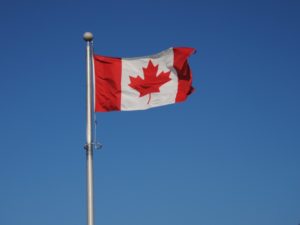Whether you are out of a job and are one of the 2.1 million people across Canada who have applied for Employment Insurance (EI) or you are considered an essential worker and are putting your health on the line every day as you continue to go to work, the past few weeks have undoubtedly been a stressful time for all of us. The uncertainty of the situation is weighing heavily on the minds of families and individuals across Canada; the good news is that help is on the way.

For example, due to the overwhelming number of EI applications, the federal government instituted the CERB (Canada Emergency Response Benefit), which came out on April 6 and provides $2,000 every four weeks for up to 16 weeks for those eligible. If you’ve applied for Employment Insurance since March 15, your application will automatically go to CERB in order to help speed up the processing of your application. The BC government is also providing a $500 rent benefit for couples and $300 for single people. In addition, both the federal and provincial governments are putting a moratorium on student loans until September. This means that both provincial and federal student loans are essentially frozen, meaning that they will not incur interest and students will not need to make payments. This takes a huge weight off of students’ backs.
These are only a few of the programs and initiatives being implemented to help Canadians to stay inside over the next few months. There is more to come.
Our neighbours to the south, however, have fared much worse due to their slow response to the rise in COVID-19 cases and deaths. Currently, there are about 620,000 cases in the USA and about 28,000 cases in Canada. This massive difference can be attributed, for the most part, to Canada’s relatively quick response and the US’ lack thereof. In the short history of this virus’ existence, countries such as Taiwan and Singapore, who have responded quickly and effectively and have targeted the problem proactively, have not only had far less deaths but have also been able to keep afloat economically. While Canada has not been the quickest to respond and still has to be vigilant, the government is taking steps in the right direction to prevent further complications. The question is, will it be enough?
